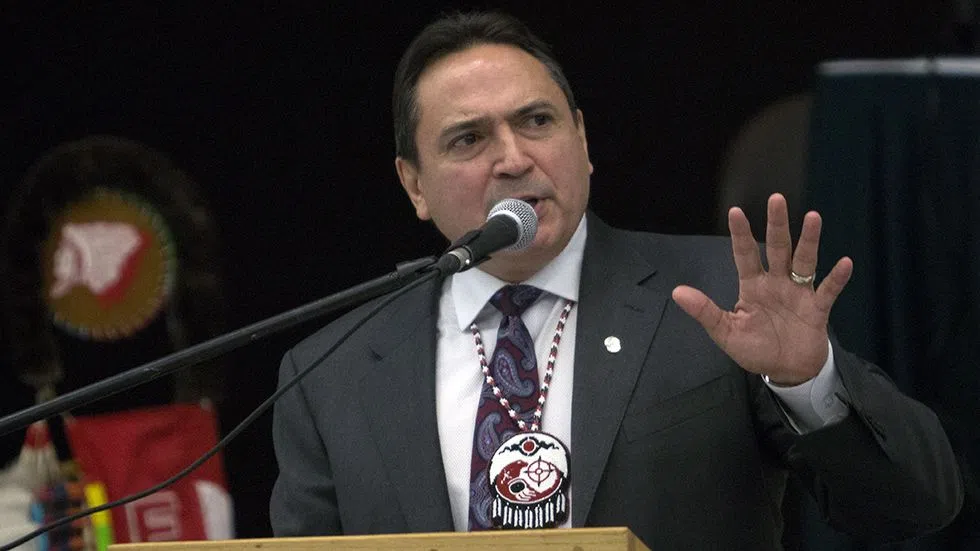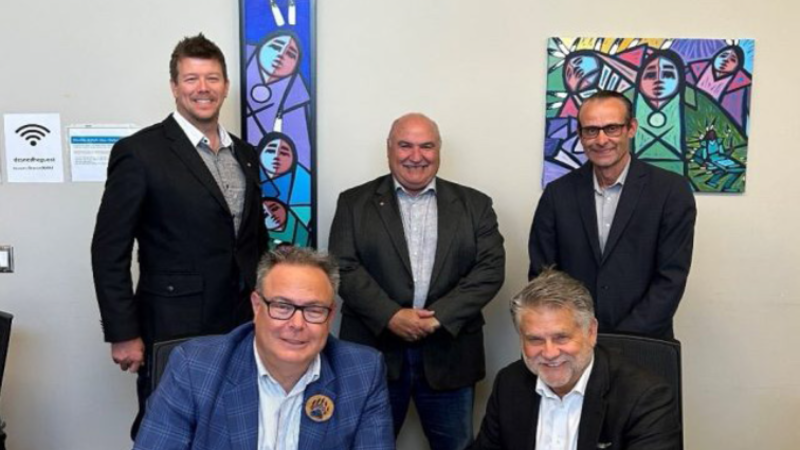
AFN Assembly to feature election for National Chief
Chiefs from across Canada will gather in Vancouver this week to attend the Assembly of First Nations 39th Annual Assembly.
While various issues and topics are set to be discussed, the national chief position is also up for election.
As the Federation of Sovereign Indigenous Nations does not hold a candidates forum, paNOW reached out to learn about the candidates and their thoughts on issues pertaining to Saskatchewan.
Bellegarde on Treaty rights, moving beyond Indian Act, Mental Wellness and Housing


